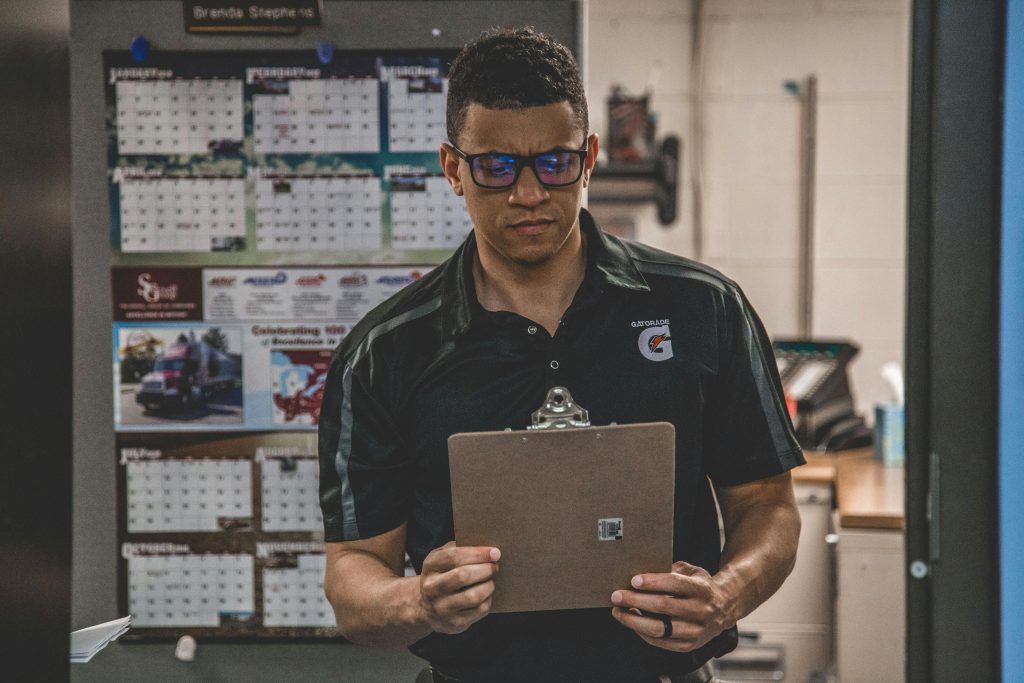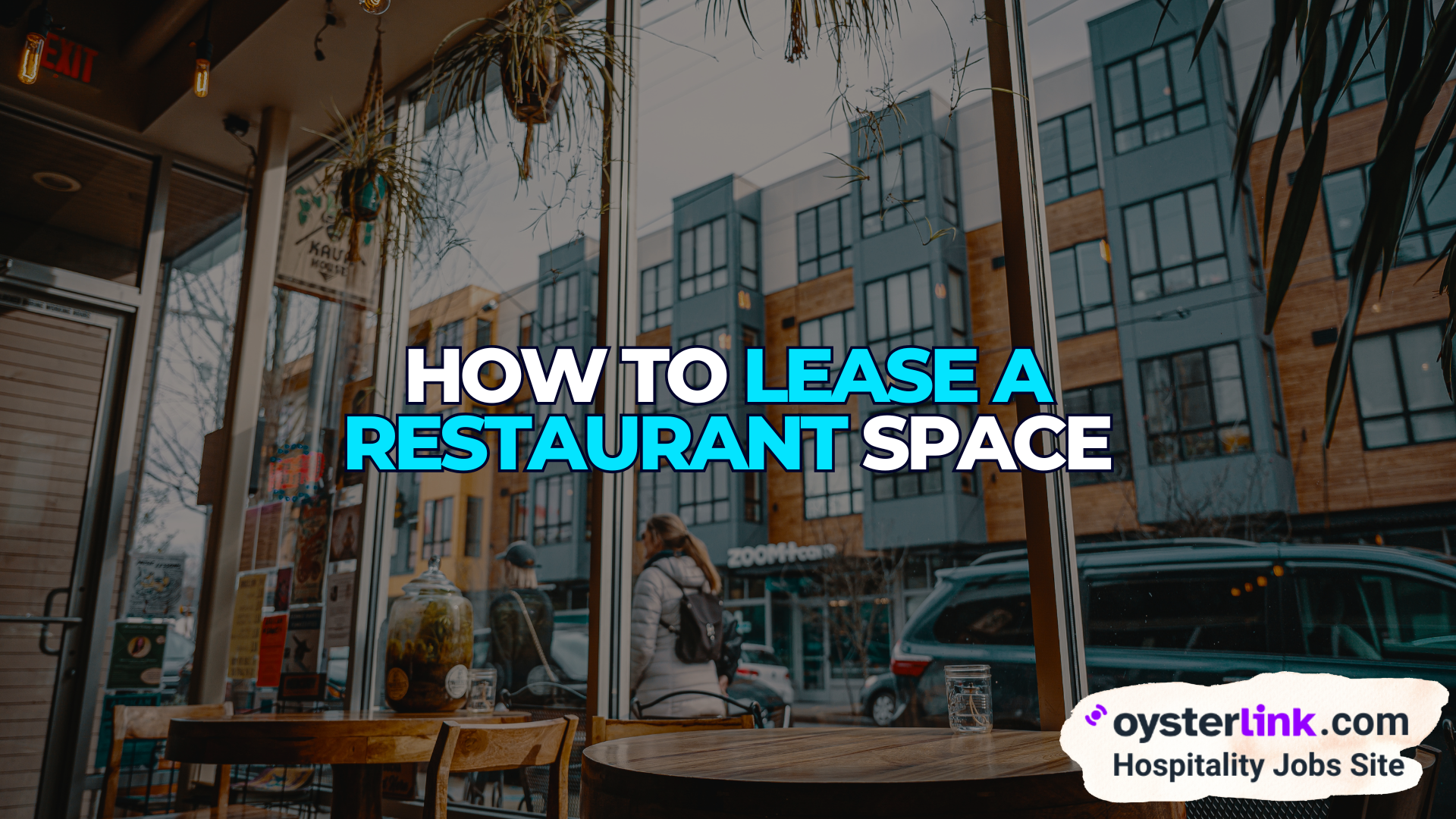Inventory Manager: 3 Key Takeaways
- Salary range varies widely, with top roles in larger establishments reaching up to $100K annually.
- Career advancement is common, often leading to roles such as Operations Manager, or Supply Chain Manager.
- Work hours are often non-standard, including early mornings, weekends, and extended hours during holidays.
Inventory Manager roles in hospitality are vital for maintaining smooth daily operations and controlling costs.
From managing food and beverage stock to minimizing waste, the Inventory Manager ensures the restaurant runs efficiently.
Whether you're pursuing a new career or hiring for this role, understanding its scope and challenges helps you make an informed decision.
Pros of Being an Inventory Manager in Hospitality and Restaurants
Below, we’ll explore the key benefits of working as an Inventory Manager in the hospitality and restaurant sectors.
1. Career Advancement Opportunities
An Inventory Manager role in a restaurant or hospitality setting offers strong career growth potential.
Experienced managers can move into higher positions, such as:
- Purchasing Manager or Supply Chain Manager
- Operations Manager or General Manager
- Executive-level positions in larger restaurant chains or hospitality companies
For those with long-term goals in the hospitality industry, this position provides valuable experience and opportunities for upward mobility.
2. Stability in a Growing Industry
The hospitality and restaurant industries are consistently growing, creating a stable job market for Inventory Managers.
As restaurants expand, they need professionals to manage inventory and supply chains, ensuring efficiency in daily operations.
This role provides job stability, especially in larger establishments or chains that rely heavily on inventory management for smooth operation.
3. Competitive Salary and Benefits
Inventory Managers in the hospitality industry earn competitive salaries.
Average earnings vary by location and restaurant type:
- Small restaurants or casual dining: $45,000–$60,000 per year
- Mid-size to upscale restaurants and hotels: $60,000–$80,000 per year
- Large hotels or resort chains: $80,000–$100,000+ per year
In addition to base salaries, many positions offer benefits such as health insurance, paid time off, and performance-based bonuses.
4. Responsibility and Impact on Operations
As an Inventory Manager, your role directly affects the operational efficiency and financial performance of the establishment.
Key responsibilities include:
- Tracking food and beverage usage to prevent waste
- Managing supplier relationships to ensure timely delivery of goods
- Budgeting and controlling costs for inventory items
For those who enjoy having a significant impact on the bottom line and operational flow, this role provides a high level of responsibility.
5. Hands-On Work and Problem Solving
Inventory Managers in hospitality often work hands-on, including:
- Conducting regular stock counts and audits
- Checking for product expiration dates and quality issues
- Finding solutions for inventory discrepancies or shortages
For those who enjoy problem-solving and working with tangible goods, this role offers a fulfilling mix of responsibilities.
6. Collaboration With Different Departments
In the hospitality and restaurant sectors, an Inventory Manager works closely with various departments, including:
- Kitchen staff to ensure ingredients and kitchen supplies are available
- Servers and Bartenders to monitor beverage inventory
- Purchasing and accounting departments to track expenses and ordering patterns
For those who enjoy teamwork and cross-departmental collaboration, this role offers a dynamic and collaborative environment.
Cons of Being an Inventory Manager in Hospitality and Restaurants
While this role offers numerous benefits, it also has challenges, including long hours, physical demands, and the pressure of maintaining supply levels.
1. Long Hours and Weekend Work
Inventory Managers often work:
- Early mornings or late nights to perform inventory counts or prepare for new deliveries
- Weekends, especially in busy restaurant environments, to check stock levels and place orders
- Extra hours during high-demand seasons (e.g., holidays or restaurant events)
For those who prefer traditional office hours, the unpredictability of work hours in the hospitality industry can be a drawback.
2. Physical Demands and Heavy Lifting
Inventory Managers are often required to:
- Move and organize heavy boxes of supplies
- Stock shelves and stockrooms, sometimes in tight spaces
- Stand or walk for long periods while conducting audits or checks
For those with physical limitations, the physical nature of this role may be challenging.
3. Managing Tight Budgets and Cost Control
Inventory Managers are responsible for managing tight budgets, which involves:
- Sourcing suppliers at competitive prices
- Managing inventory levels to avoid waste and overstock
- Ensuring that food and beverage costs remain within the allotted budget
This aspect of the role requires strong financial and organizational skills.
For those who don’t enjoy working within strict budget constraints, this can be a stressful part of the job.
4. High Responsibility with Limited Authority
While Inventory Managers play a crucial role in the daily operations, their authority may be limited in certain areas, such as:
- Making final decisions on menu pricing or product selection
- Determining staffing levels for inventory-related tasks
- Implementing major operational changes
For those who prefer more decision-making power or autonomy, this may feel restrictive.
5. Risk of Supply Chain Disruptions and Shortages
An Inventory Manager in hospitality must manage:
- The risk of delayed shipments or stock shortages due to vendor issues
- Navigating supply chain disruptions, especially during peak seasons or pandemics
- Handling situations where popular menu items run out unexpectedly
Dealing with these disruptions requires quick thinking and a strong problem-solving mindset.
6. Pressure to Meet Deadlines and Avoid Waste
Inventory Managers must constantly ensure that stock is ordered and delivered on time, which means:
- Tight deadlines for placing orders before inventory runs low
- Constant pressure to reduce food waste while keeping stock fresh
- Working under high-pressure situations during inventory checks or audits
For those who struggle with time management or high-pressure work, the demands of this role can be overwhelming.
Is Being an Inventory Manager in Hospitality and Restaurants Worth It?
Becoming an Inventory Manager in the hospitality and restaurant industry is a great career choice for those who:
- Enjoy problem-solving and keeping operations running smoothly
- Have strong organizational and financial skills
- Thrive in a collaborative, fast-paced work environment
- Are looking for a stable and growing industry with career advancement opportunities
However, the role requires managing long hours, physical demands, and the pressure to maintain tight budgets and inventory levels.
For those who enjoy logistics, team coordination, and playing a crucial role in restaurant or hotel operations, being an Inventory Manager can be a rewarding career.
Conclusion: Is the Inventory Manager Role Worth It?
An Inventory Manager in hospitality can enjoy strong earning potential, career mobility, and a hands-on role at the center of restaurant operations.
However, the job comes with long hours, physical demands, and budget pressure.
For those who thrive in fast-paced environments and enjoy logistics, this role offers a rewarding and impactful career in a growing industry.


.png)


